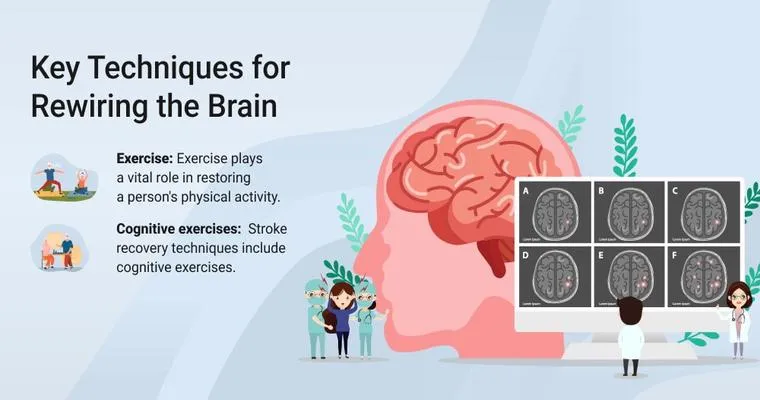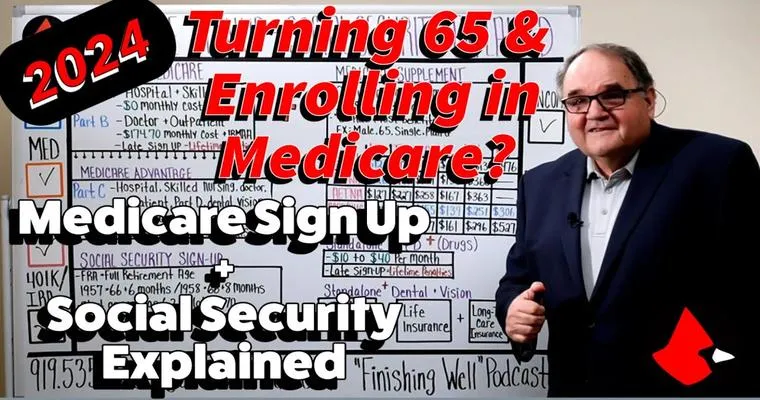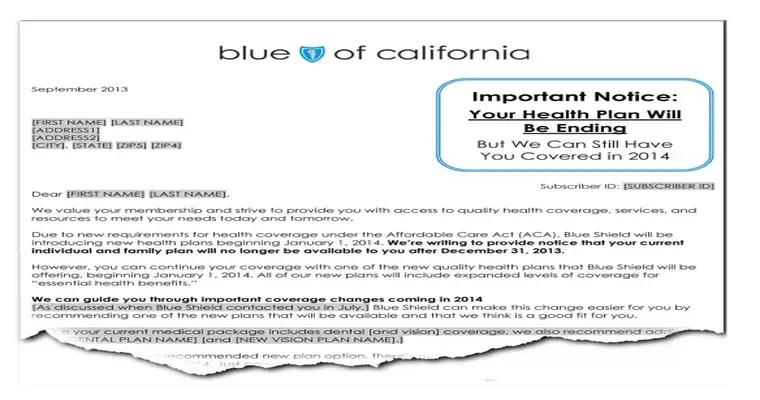Experiencing a "stroke" can be a life-altering event, not just for the individual affected but also for their families and caregivers. Navigating the "healthcare system" after a stroke can be overwhelming, filled with appointments, therapies, and a plethora of information. Understanding what to expect and how to manage your care is essential for recovery. Here are some valuable tips for dealing with the system after a stroke.
Understand the Recovery Process
Post-stroke recovery is often a long journey that varies significantly from person to person. It is crucial to familiarize yourself with the different stages of recovery, which may include physical therapy, occupational therapy, and speech therapy. Each rehabilitation program is tailored to meet the specific needs of the stroke survivor. Stay informed about your treatment options and be proactive in discussing them with your healthcare team.
Build a Support Network
Having a solid support network is crucial for recovery. Reach out to family, friends, and local stroke support groups to connect with others who understand your situation. Emotional support can significantly impact your mental well-being during this challenging time. Additionally, consider involving a social worker or case manager who can help you navigate the complexities of the healthcare system.
Keep Detailed Records
After a stroke, you will likely have numerous medical appointments, tests, and treatment plans. Keeping detailed records of your medical history, medications, and appointments can help you stay organized. This documentation will also be beneficial when communicating with healthcare professionals, ensuring that everyone involved in your care is on the same page.
Communicate Effectively with Healthcare Providers
Effective communication with your healthcare providers is essential. Do not hesitate to ask questions if you do not understand something. Be open about your symptoms, concerns, and any changes you experience. Having a list of questions prepared for your appointments can help ensure that you address all your concerns.
Take Advantage of Rehabilitation Services
Rehabilitation services are vital for recovery after a stroke. Most patients will require a combination of therapies to regain lost skills and improve their quality of life. Be sure to take full advantage of these services. Attend all scheduled appointments, and actively participate in therapy sessions. Consistency can lead to significant improvements.
Explore Financial Assistance Options
The cost of stroke recovery can be substantial. Investigate financial assistance options that may be available to you. This could include government programs, non-profit organizations, and even private insurance benefits. Understanding your coverage and rights can help alleviate some of the financial burdens associated with care.
Educate Yourself and Your Family
Knowledge is power when navigating the aftermath of a stroke. Educate yourself about stroke symptoms, recovery techniques, and lifestyle changes that can aid in rehabilitation. Share this information with your family to ensure they understand your needs and can provide appropriate support. The more informed everyone is, the better equipped you will be to handle the challenges ahead.
Prioritize Self-Care
Finally, remember to prioritize self-care. The journey of recovery can be exhausting, both physically and emotionally. Make sure you are taking time for yourself, whether that means engaging in hobbies, practicing mindfulness, or simply resting. A healthy balance can make a significant difference in your overall well-being and recovery process.
In conclusion, recovering after a stroke is a challenging journey that requires patience, support, and effective navigation of the healthcare system. By understanding the recovery process, building a strong support network, and advocating for yourself, you can significantly improve your chances of successful rehabilitation. Remember, you are not alone in this journey, and there is help available every step of the way.





